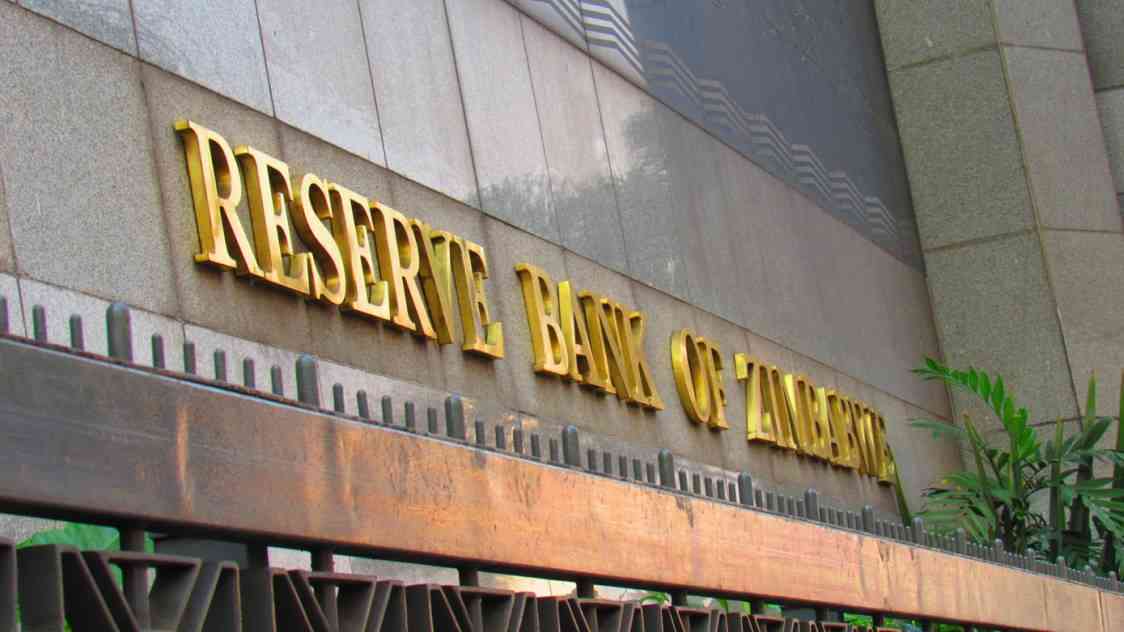
Historically, cartels were limited to politics. It was a political arrangement that was limited to a coalition or co-operative arrangement between parties intended to promote a mutual interest. Cartels have now extended to business and their effects are retrogressive. A cartel is an association of suppliers or manufacturers with an intention of maintaining prices at a high level and restricting competition. The behaviour of cartels distorts procurement markets by inhibiting fair competition. Fair competition implies offering products and services at a price that recovers costs and providing reasonable profitability.
Cartels in business are in three broad categories: They could be price or output fixing, market sharing or collusive bidding arrangements. They are cartels that have been legalised by way of an Act of Parliament or some regulations that prescribe rules of competition not consistent with minimum requirements of effective competition. There are other cartels that operate in secrecy. The effects of these two are equally the same, they defeat the basis of fair competition.
A price fixing cartel is an arrangement where prices submitted in a so-called competition are a consequence of some arrangements between players. Cartels of this nature are exposed by the similarity of the bid prices submitted. There is a complication of using such a measure to determine the existence of a price cartel. Some price similarities are as a result of standardisation in that particular market when cost structures are somewhat identical.
In some cases, close prices could be a consequence of intense competition to the contrary where margins are thin. This, thereby, requires a more sophisticated means of determining the existence of price cartels when prices in a competition are close. Detecting and proving price cartels would require evidence that the behaviour was driven by prior agreement between the participants in a procurement process.
An alternative to price fixing cartel is the attempt by companies to achieve the same effect by dividing the market by various means that include geographical demarcation. The markets are then allocated with agreements not to sell to undesignated areas. This allocation may also be by customers to a specific supplier. Such arrangements are busted easily when the market characteristics are not even causing one supplier to feel that one is having an advantage over others. Allegiance to the arrangement is not always guaranteed resulting in market fights that expose market allocation cartels. There will be breach of the secret arrangement of not to sell to your competitors’ territory.
In market allocation cartels, some suppliers may refuse to quote in some territories. The arrangement might involve submission of bids with exorbitant prices or harsh terms and conditions of business. This is only successful where there are a few dominant suppliers and where the buyers are fragmented and not coordinated.
Another form of market sharing is collusive bidding. In some arrangements, bidders respond but based on a collective agreement about basement pricing, discount level or relative pricing levels. It is easy to implement on a predictable buyer. This is achieved by bid suppression when bidders’ either decline to bid or withdraws their bids to give a chance to a member of the cartel. It could also be done by supplementary bidding where bids not competitive are submitted to disguise a competition. Bid rotation is another form of market sharing where the lowest bid submission is rotated among the players to the same market community.
- Chamisa under fire over US$120K donation
- Mavhunga puts DeMbare into Chibuku quarterfinals
- Pension funds bet on Cabora Bassa oilfields
- Councils defy govt fire tender directive
Keep Reading
The effects of such arrangements erode value for money principle in procurement.competitiveness












